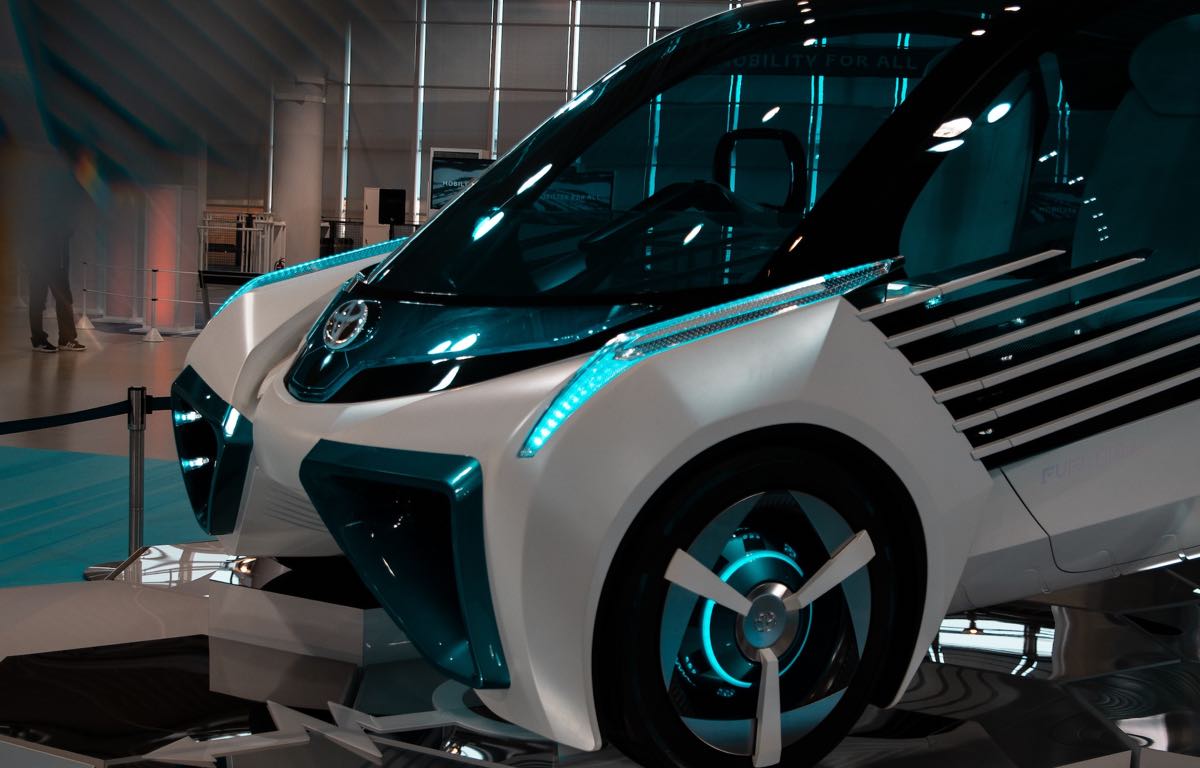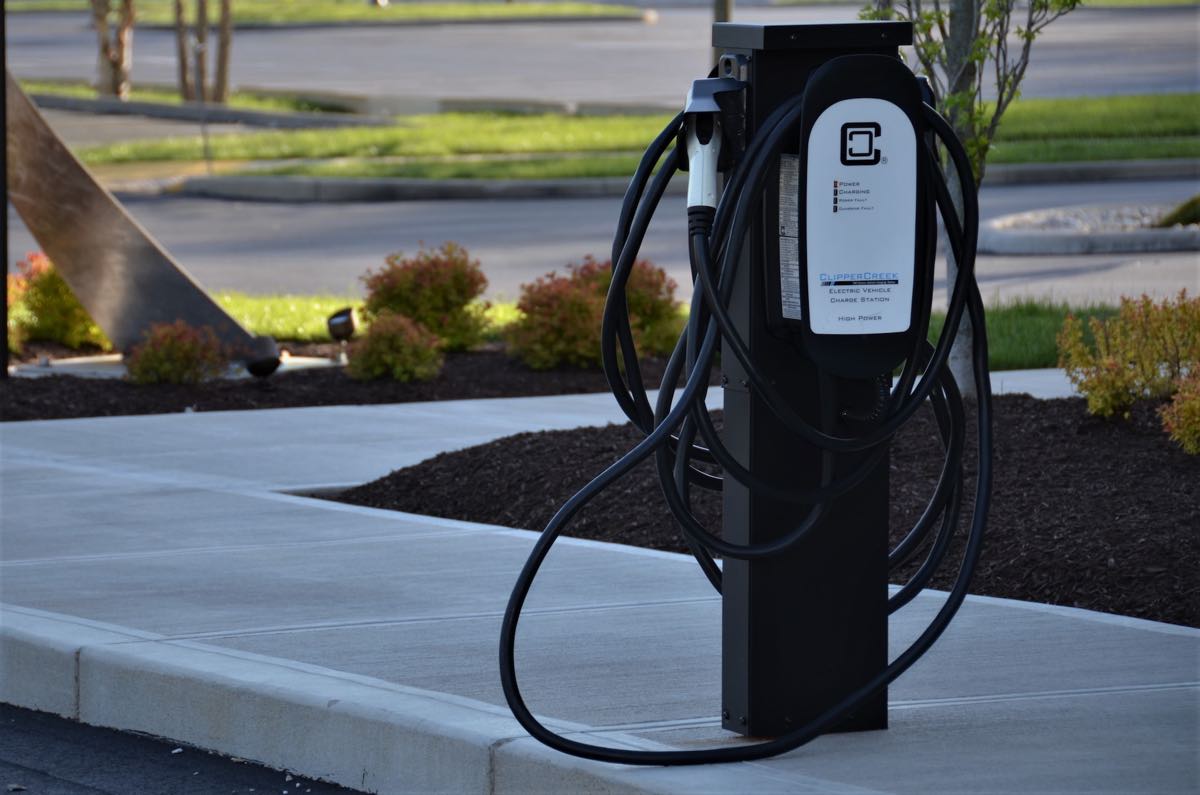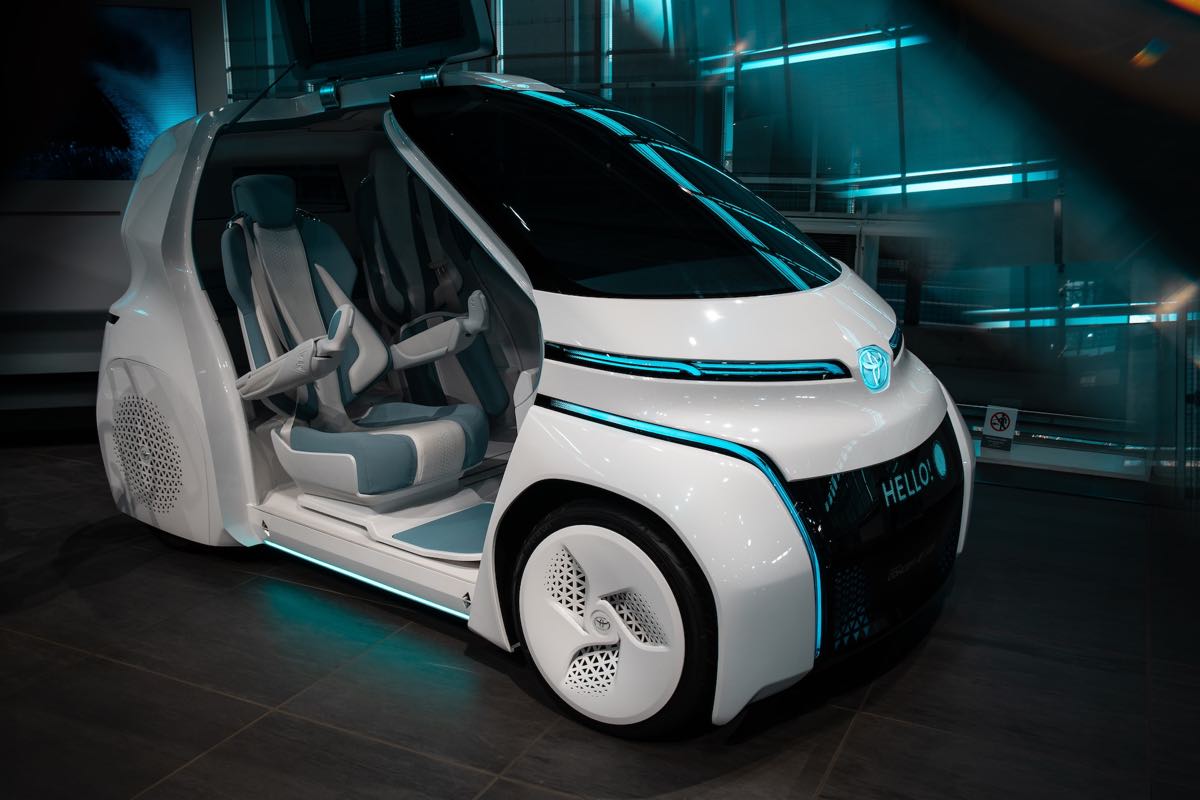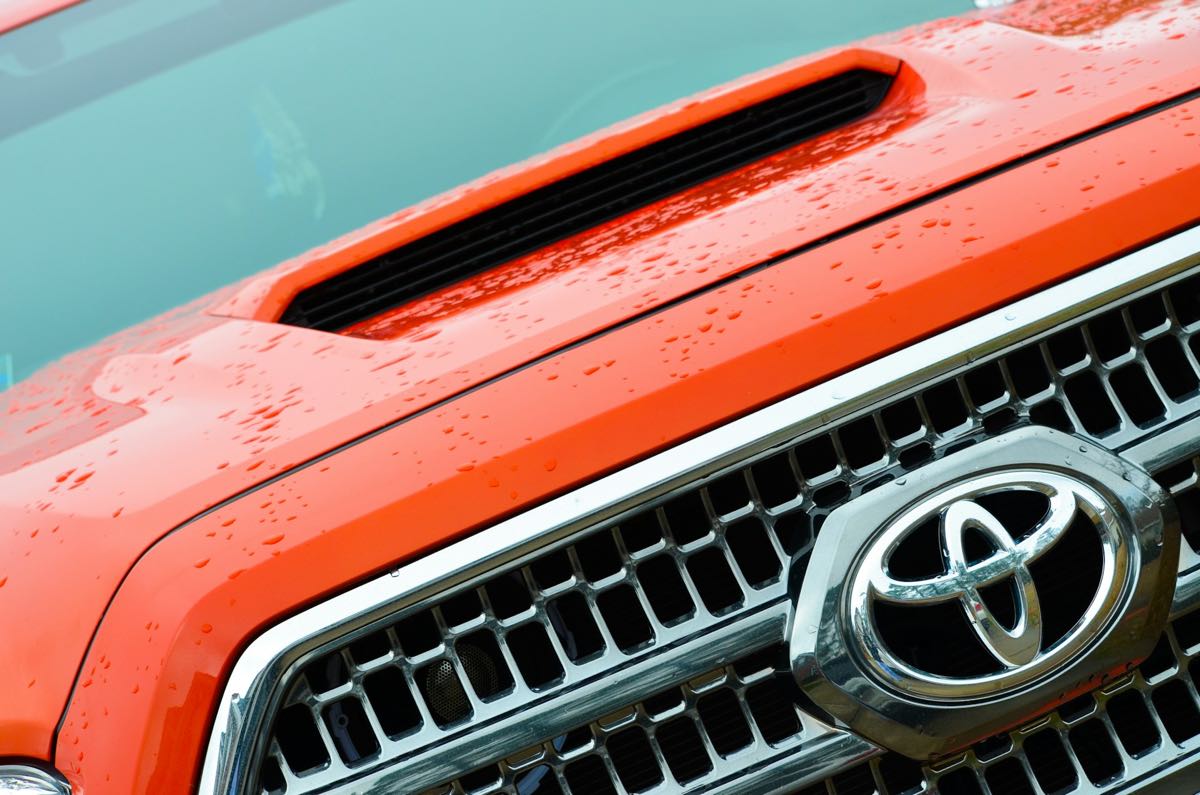Fuel-cell electric cars (FCEVs) that run on hydrogen are leading the charge to transform the automotive sector. These cars smoothly combine cutting-edge engineering with environmental responsibility, marking a substantial technological advancement. With the global energy landscape shifting towards renewable sources, hydrogen emerges as a viable, emission-free substitute for fossil fuels. This change is an important step toward a more sustainable future in addition to being a technological accomplishment. Toyota, a world leader in automotive innovation, has played a pivotal role in driving this trend by showcasing an unwavering dedication to investigating and using hydrogen’s potential for greener transportation options.
The distinctive way that FCEVs generate energy is what makes them appealing. Hydrogen fuel-cell vehicles produce their own electricity, in contrast to conventional automobiles that depend on internal combustion engines or even classic electric cars that need to be charged externally. To achieve this, they mix oxygen from the air with hydrogen that is kept in onboard tanks, producing heat, water, and energy as byproducts. This process, which takes place inside the car’s fuel cell, is not only very effective but also safe for the environment because it only produces exhaust that is water vapor. Toyota’s trailblazing entry into the FCEV space demonstrates their commitment to cutting-edge, environmentally responsible transportation technology and sets the standard for the future of the auto industry.

After the success of its hydrogen-powered vehicles in other countries, Toyota has decided to launch its hydrogen-powered automobiles in the United States in the year 2025. This is a daring step on the company’s part. Both the Mirai and the Crown FCEV, which both represent Toyota’s commitment to a more environmentally friendly future, are among the cars that are expected to be released. Through the implementation of this project, Toyota has established itself as a forerunner in the competition to achieve sustainable mobility. This is a big milestone in the automotive industry.
While Toyota’s projects to develop hydrogen vehicles have been making progress in areas like as Australia, the United States provides a different set of problems and opportunities than other countries. The United States automobile market, which is well-known for its magnitude and diversity, provides a fertile field for the development of hydrogen-powered cars. Nevertheless, the establishment of a comprehensive hydrogen infrastructure continues to be an essential component in deciding the prosperity of fuel cell electric vehicles (FCEVs) in the United States.

The Mirai and Crown FCEV are representative of Toyota’s forward-thinking approach to the technology of hydrogen fuel cells. The purpose of these automobiles is not limited to the dissemination of renewable energy; rather, they aim to redefine the driving experience by delivering improved performance and efficiency. These vehicles represent a significant technical advancement that has the potential to usher in a new era in the automobile industry, one that brings together innovation and sustainability.
The transition to cars that are driven by hydrogen is more than just a trend in the industry; it is an essential step in reducing the impact that humans have on the environment. These fuel cell electric vehicles (FCEVs) hold the potential to significantly reduce emissions, so making the earth a cleaner and more sustainable place. This transformation implies that customers will be able to engage with automobiles that are both environmentally responsible and convenient, without sacrificing performance or comfort.

When it comes to the process of making FCEVs more widely available, partnerships are an essential component. The goal of Toyota’s collaborative efforts with industry partners is to provide an environment that is conducive to the development of hydrogen-powered transportation. The formation of these partnerships is very necessary in order to overcome the difficulties associated with the development of infrastructure and to cultivate a market that is favorable to the adoption of FCEVs.
Toyota’s bold plan to bring in hydrogen-powered cars by 2025 marks more than simply the release of new models—rather, it signals the beginning of a revolution in the automotive industry. This program marks a significant transition from conventional fuel sources to clean, renewable energy, and it symbolizes a daring step towards a sustainable future. As Toyota moves forward with its intentions, there will likely be an enormous ripple effect that will not only affect the automobile sector but also make a substantial contribution to environmental conservation. Toyota is leading the way for a more sustainable and environmentally friendly future by adopting hydrogen fuel technology and raising the bar for environmentally friendly automobiles.
Beyond the world of automotive innovation, Toyota’s transition to hydrogen-powered mobility has far-reaching ramifications. It gives consumers more options when it comes to vehicles by providing an alternative that blends environmental consciousness with state-of-the-art performance and technology. The environmental advantages are especially significant since switching to hydrogen fuel may significantly lower carbon emissions, which is important in the fight against climate change. Additionally, the construction of a strong hydrogen infrastructure—which is necessary for FCEVs to succeed—promises to provide new business possibilities and jobs, boosting the nation’s economy. Toyota’s goal as it moves toward 2025 is to positively impact all sectors of society, not only transform the transportation industry.

In the realm of freight and automobile transportation, Ship A Car, Inc. stands out as the most reliable option, because to their flawless track record of providing excellent service to their clients. With a rating of A+ from the Better Business Bureau and five-star evaluations from customers, the organization is a shining example of professionalism, dependability, and service quality.
Representatives from Ship A Car, Inc. are standing ready to transport any Toyota vehicle, regardless of the fuel source it uses, from any location in the United States of America, Hawaii, or Alaska to any location in those states. Simply give us a call at (866) 821-4555 right now to get a free estimate on shipping a Toyota.
Q: What Types of Hydrogen-Powered FCEVs Does Toyota Offer, and When Can We Expect to See Them in the United States?
A: These hydrogen-powered fuel cell electric cars (FCEVs) from Toyota, such as the Mirai and Crown FCEV, are cutting-edge automobiles that get their power from hydrogen fuel cells. The United States of America is anticipated to get them by the year 2025.
Q: To what extent does the technology of hydrogen fuel affect the environment?
A: The utilization of hydrogen fuel technology provides a substantial environmental advantage because it does not generate any emissions, so contributing to the improvement of air quality and the reduction of greenhouse gases.
Q: What are the obstacles that stand in the way of the widespread adoption of FCEVs in the United States?
A: For fuel cell electric vehicles (FCEVs) to become a viable option for customers, the most significant problems include the establishment of a broad hydrogen refueling infrastructure, the guarantee of market acceptability, and the surmounting of technological obstacles.




